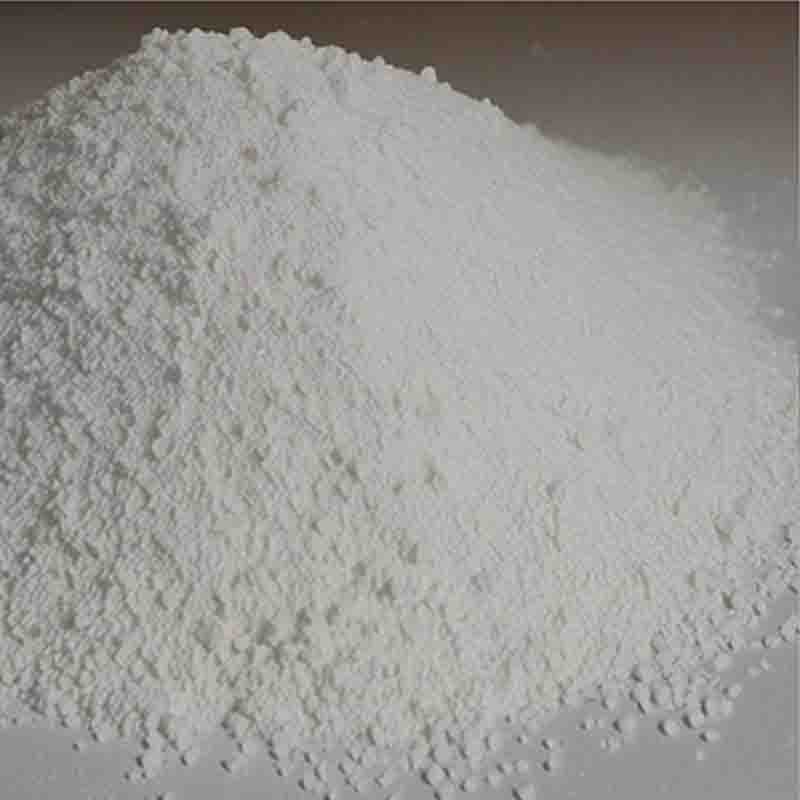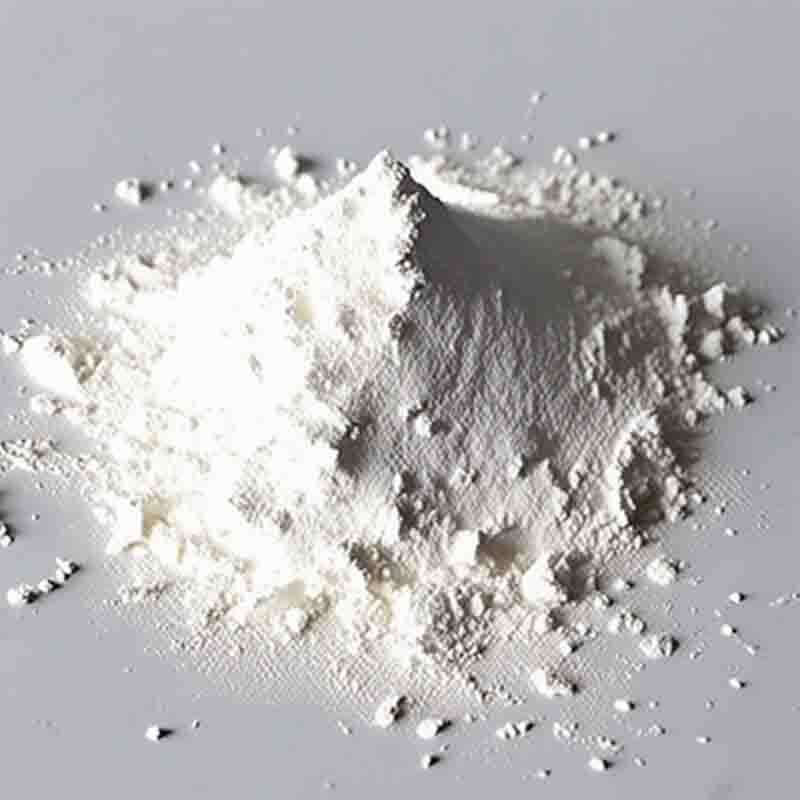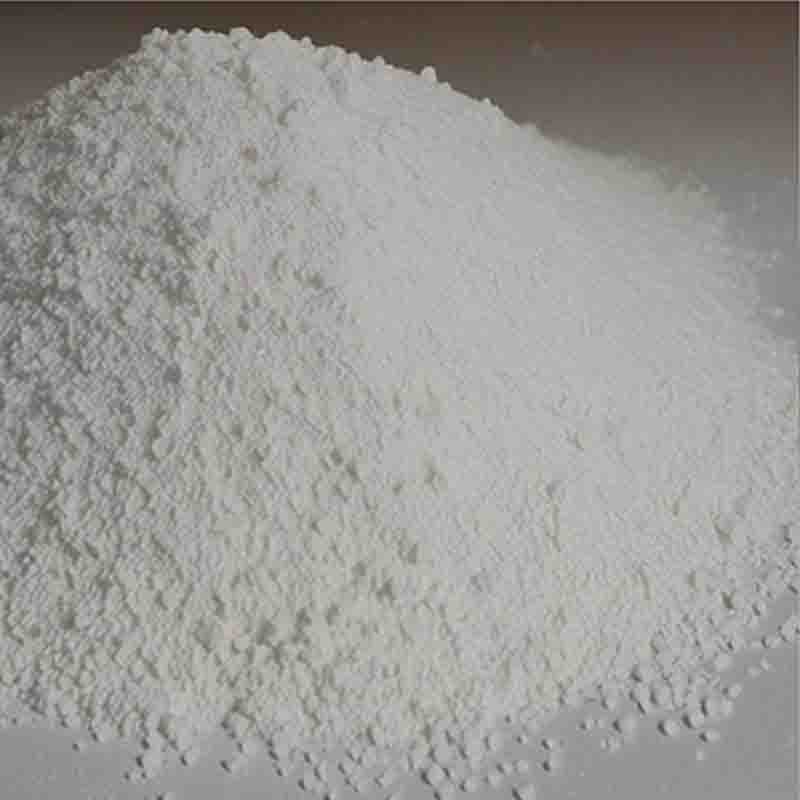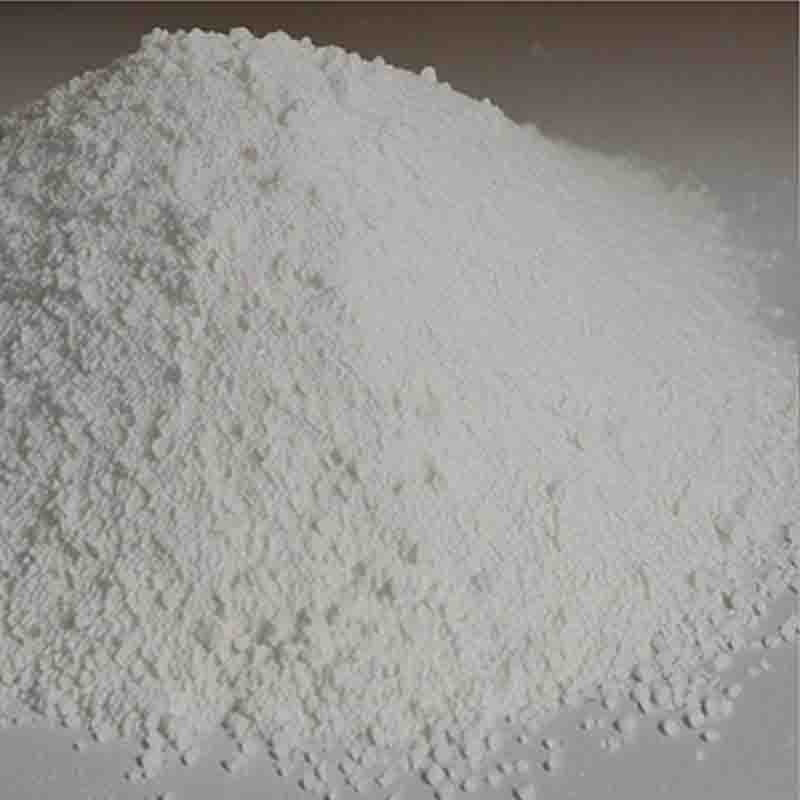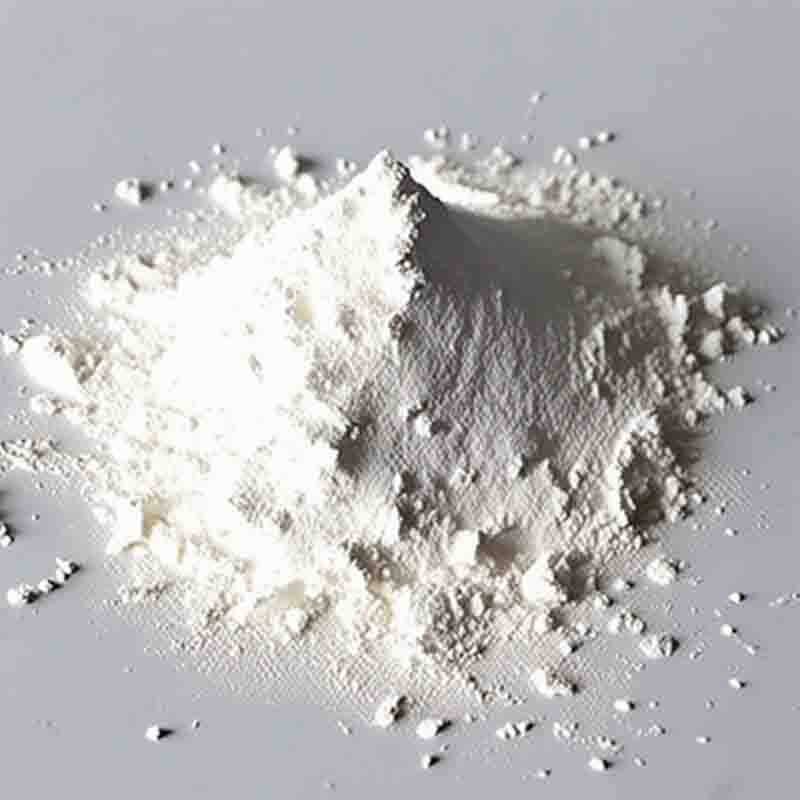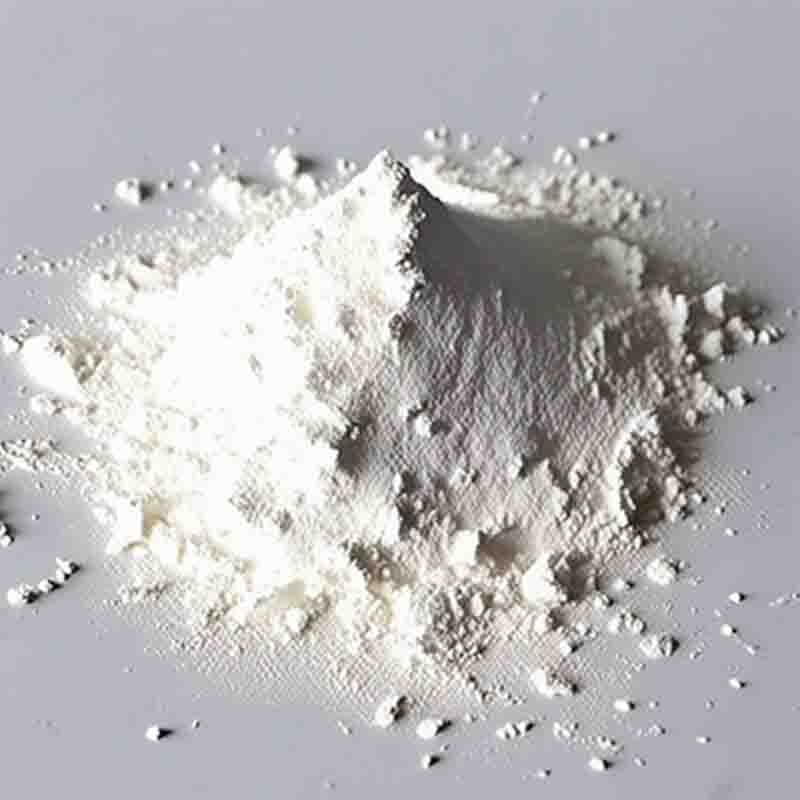2-(4-bromophenyl)-1H-benzimidazole CAS:2622-74-4
| Catalog Number | XD96074 |
| Product Name | 2-(4-bromophenyl)-1H-benzimidazole |
| CAS | 2622-74-4 |
| Molecular Formula | C13H9BrN2 |
| Molecular Weight | 273.13 |
| Storage Details | Ambient |
Product Specification
| Appearance | White powder |
| Assay | 99% min |
2-(4-bromophenyl)-1H-benzimidazole is a compound with interesting pharmacological properties and potential therapeutic applications. Here are some notable effects and applications of 2-(4-bromophenyl)-1H-benzimidazole:One significant application of 2-(4-bromophenyl)-1H-benzimidazole is in the field of drug discovery. Benzimidazole derivatives have been extensively studied for their pharmacological activities, including antimicrobial, antiviral, anticancer, and anti-inflammatory effects. The incorporation of a bromophenyl group into the benzimidazole scaffold enhances its biological activity and can potentially improve its therapeutic efficacy.Studies have shown that 2-(4-bromophenyl)-1H-benzimidazole exhibits antimicrobial activity against a range of bacteria and fungi. Its mechanism of action involves inhibiting the growth and replication of the microorganisms, making it a potential candidate for the development of new antibiotics or antifungal agents. Furthermore, it has been reported to display antiviral activity against certain viruses, including herpes simplex virus and respiratory syncytial virus.In terms of anticancer activity, 2-(4-bromophenyl)-1H-benzimidazole has shown promise as a potential therapeutic agent. It has been found to inhibit the growth of cancer cells and induce apoptosis, or programmed cell death, in various cancer types. These findings suggest that this compound may have potential as a targeted therapy for certain cancers. Further research is required to fully understand its mechanism of action and explore its potential use in combination with other anticancer agents.Moreover, 2-(4-bromophenyl)-1H-benzimidazole exhibits anti-inflammatory properties, which may have implications for the treatment of inflammatory diseases such as rheumatoid arthritis and inflammatory bowel disease. Inflammation plays a crucial role in the pathogenesis of these diseases, and compounds with anti-inflammatory effects can help mitigate the associated symptoms and progression of the conditions. The ability of this compound to inhibit inflammatory mediators and reduce cell inflammation makes it a potential candidate for further investigation.In conclusion, 2-(4-bromophenyl)-1H-benzimidazole has shown interesting pharmacological properties, including antimicrobial, antiviral, anticancer, and anti-inflammatory effects. These properties make it a potentially valuable compound in the development of new therapeutics in various fields. However, further research is needed to fully explore its efficacy, mechanism of action, and potential applications. Continued investigation of this compound may lead to the development of novel drugs or therapies for various diseases.


